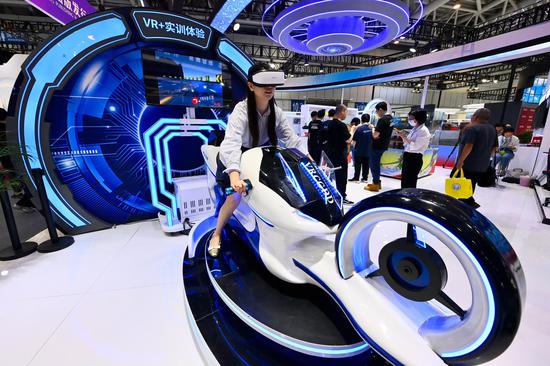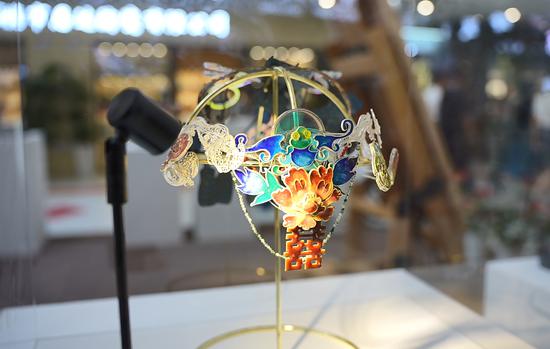A Chinese scientific team has developed a new 'brain-like' chip that operates on reduced energy consumption, marking a significant advance in China's chip manufacturing technology.
Researchers from the Chinese Academy of Sciences, in collaboration with other scholars, have developed Speck, a low-power neuromorphic chip capable of dynamic computing. This system-level chip, integrating algorithm, software, and hardware design, demonstrates the inherent advantages of 'brain-like' computation in incorporating high-level brain mechanisms. The study was recently published online in the international journal 'Nature'.
"The human brain is an incredibly complex neural network, consuming only 20 watts, far less than current AI systems," said Li Guoqi, a researcher at the Institute of Automation, Chinese Academy of Sciences reported by Xinhua.
He emphasized that as computational demands and energy consumption rise, mimicking the neurons and synapses of the human brain to develop new intelligent computing systems is a promising direction.
Human brains can dynamically allocate attention based on stimulus, a process known as the attention mechanism. This research proposes 'neuromorphic dynamic computing,' applying this principle to enhance neuromorphic chip designs, thereby unlocking greater performance and energy efficiency.
Speck combines a dynamic visual sensor and a neuromorphic chip on one chip, achieving remarkably low power use at rest. It can handle visual tasks with just 0.7 milliwatts, providing an energy-efficient, responsive, and low-power solution for AI applications, according to Li.
"The development of the neuromorphic chip concept is both a breakthrough in existing technology and a strategic response to US pressures, marking our pursuit of alternative development paths," Ma Jihua, a veteran telecom industry observer, told the Global Times on Sunday.
"China is leading the market in the brain-inspired chip sector," Ma told the Global Times, "Although this approach has been studied for a long time, transitioning from mathematical theory to mass manufacturing is challenging and requires extensive work," he added.
This kind of chip may help address fundamental challenges across the chip manufacturing industry, which is currently facing a bottleneck. The concept of neuromorphic computing presents a promising and viable research direction, according to Ma.


















































 京公网安备 11010202009201号
京公网安备 11010202009201号